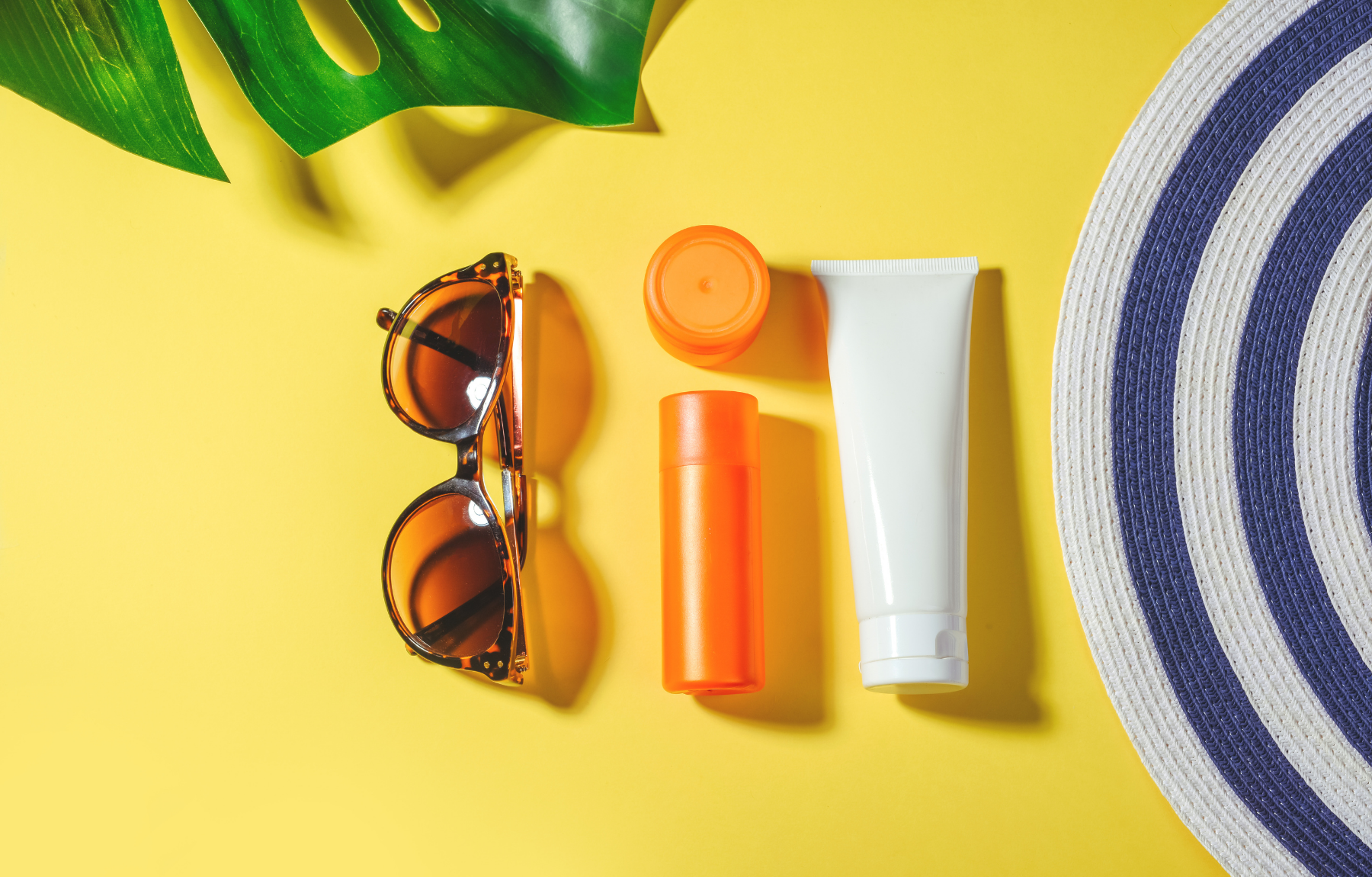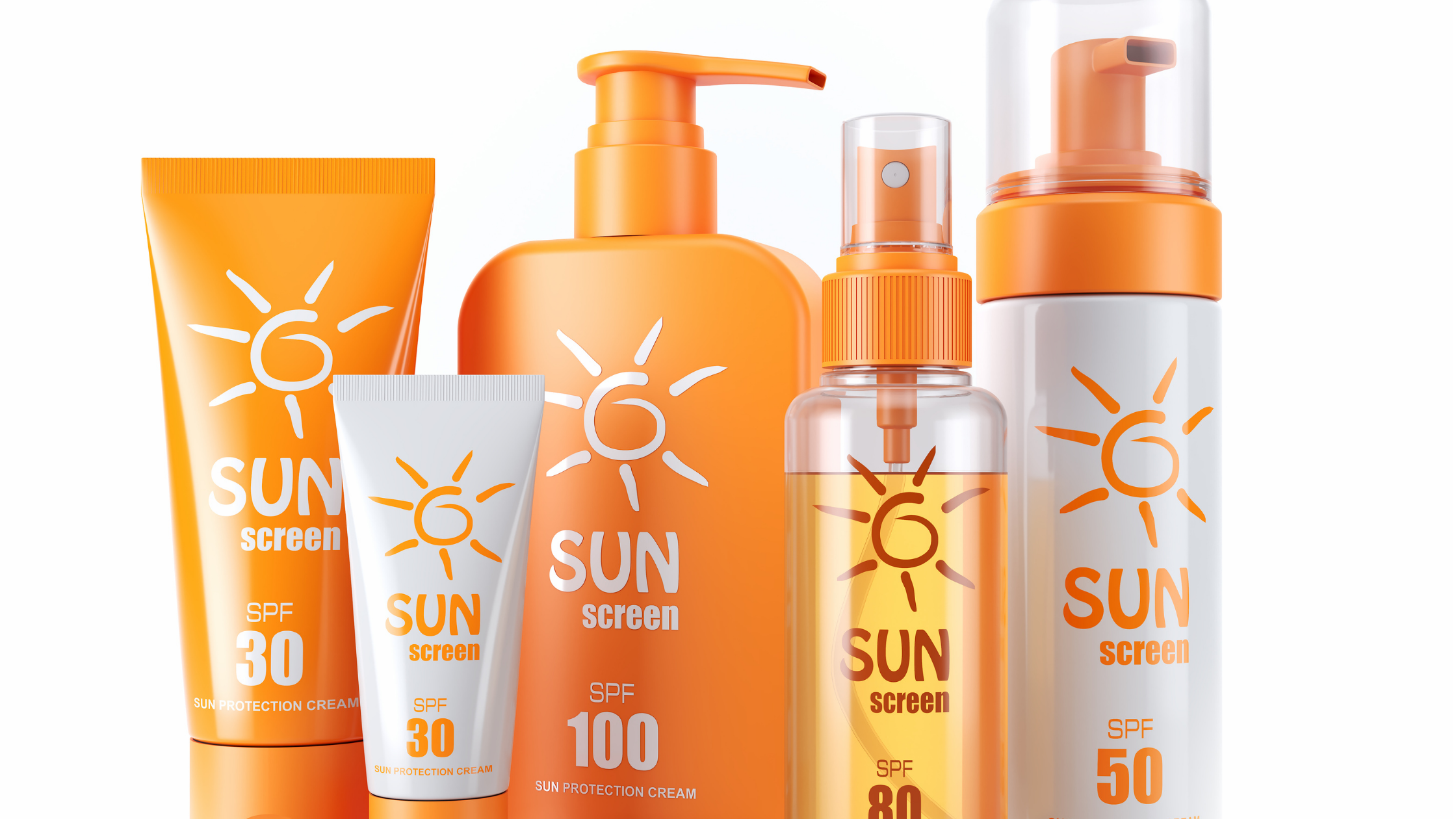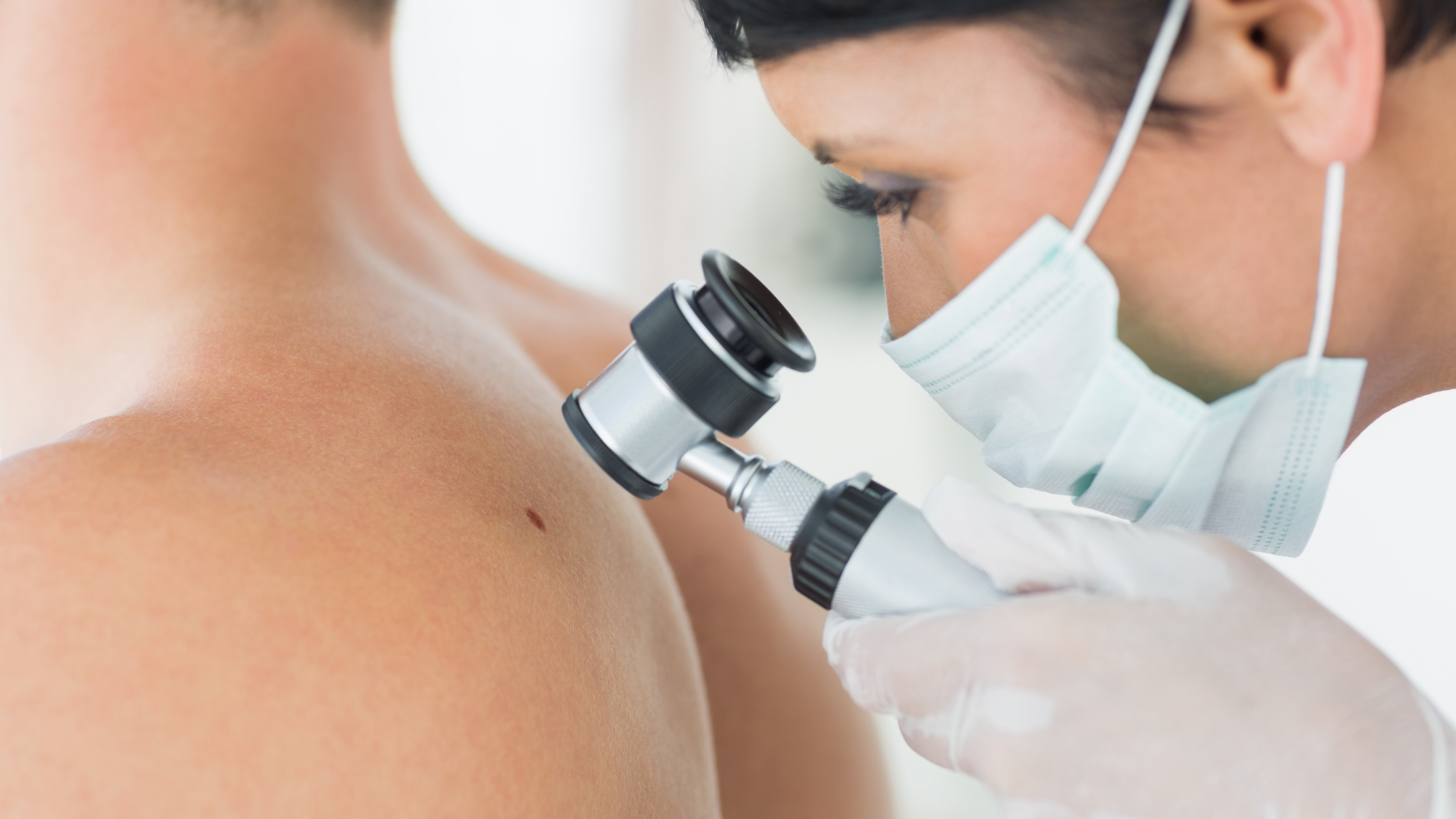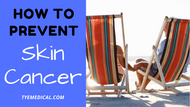How to Prevent Skin Cancer at Any Age with These 10 Tips
Written by Tye Medical on Jul 2nd 2021
You’ll probably find yourself browsing the shelves for sunscreen in the coming days or weeks. You might even wonder how to prevent skin cancer in other ways. Or is relying on SPF lotions or sprays good enough?
It’s also tempting to brush it off. Having a mole removed in ten years isn’t a big deal. Or is it?
Of all the known cancers, skin cancer is the most common form in the United States, and treating it isn’t always so simple. It sometimes requires surgery that goes beyond mole removal, leaving scars, or requiring plastic surgery.
Sometimes it can be even more severe than surgery, especially if you develop the more deadly form of skin cancer—melanoma. While this type only accounts for 1% of skin cancers, it’s more likely to spread to other parts of the body and can even kill you.
But you can take steps to lower your risk even if you’ve lived a life of sunbathing bliss. Here are some tips for skin cancer prevention that dermatologists want you to know.
1. Realize It’s About Cumulative Sun Exposure
The occasional pool party that blasts your body with sunshine isn’t what puts you at risk. Instead, it’s the chronic, cumulative exposure to the sun that seems “incidental” that’s most concerning. Routine activities like walking to and from the car, walking the dog on a cloudy day, or taking out the trash add up to more time than you realize.
These daily snippets of UV rays account for more of your exposure than those random sunburns you try so hard to avoid. Keep avoiding overexposure, but don’t forget about everything in between. Keep in mind that you’re soaking up UV rays even on cloudy days or while driving.
2. Wear Sunscreen Daily

Since you can’t avoid the great outdoors (because someone must run those errands), daily sunscreen application becomes key. Understanding how to prevent skin cancer means embracing regular UV protection, even when leaving the house for everyday business.
It’s easy to forget to lotion up before jetting out your front door, which is why it’s helpful to incorporate it into your daily routine. Try setting your bottle of sunscreen next to your toothbrush or makeup caddy.
3. Don’t Skimp on Sunscreen
If you want to know how to prevent skin cancer, you’ll need to realize that less isn’t more. The average adult requires about one ounce of sunscreen to cover exposed skin, which is enough to fill a shot glass. Compare this to how most of us apply sunscreen—a smear here and there.
Dedicate a nickel-sized amount of sunscreen for your face to be sure you’ve covered this highly exposed area. And don’t forget to slather UV protection on frequently overlooked areas like:
- Neck
- Ears
- Top of hands
- Top of feet
Choose a sunscreen that’s SPF 30 or higher, and be sure to reapply every 2-3 hours (and more often if you’re swimming or sweating a lot).
4. Prevention Is for All Skin Colors
Skin cancer doesn’t exclude people based on ethnicity, which means every skin color is at risk. However, you’re less likely to develop skin cancer if you have more pigmentation (darker skinned), but it doesn’t mean you can’t get it. People with darker skin tones die from melanoma at higher rates than lighter-skinned people.
Skin cancer aside, sun damage affects the health and appearance of every color of skin, causing wrinkles, uneven color, dryness, age spots, and sunspots. Being proactive about UV rays helps all ethnicities prevent skin cancer and maintain a healthier appearance.
5. Don’t Assume It’s Too Late
You might not be able to erase those summers you spent as a lifeguard at the local pool, but you can reduce the amount of sun exposure you’re getting now. And that counts for something. You never know how avoiding the sun today might affect potential skin cancer in the years to come. Changing your habits now won’t guarantee a different outcome, but it can help slow the progression of irregular cells.
When you understand how to prevent skin cancer, you can protect yourself from UV rays that damage and age your skin. Just one year of proper sun protection can yield a noticeable difference in your skin’s appearance.
6. Experiment with Different Sunscreen Formulas

It’s easy to wear sunscreen regularly when you find the formula that’s right for you. Different formulations have different textures and personalized benefits that allow you to buy for your skin type. Some brands now offer sunscreen for acne-prone skin and even sensitive skin. Experiment with your options and find a product that gives you the best results for daily wear.
What About Spray-On Sunscreen?
Yes, it works. It can even be more effective because it’s easier to cover large areas without missing spots. Sprays make it easier to hit those crevices and the places where your exposed skin and swimsuit meet.
However (and that’s a big however), it’s more difficult to know if you’ve applied enough to give you the SPF 30+ protection you purchased. Lotion is more measurable, and you can eyeball the one-ounce shot glass amount you need. But sprays—not so much.
If you prefer spray-on sunscreen, proceed with the blessing of 69% of surveyed dermatologists, but follow these tips:
- Don’t apply it in breezy locations
- Hold your breath as you spray (to avoid inhaling particles)
- Spray it outside only (or in a well-ventilated area)
- Spray each area for about six seconds (until it looks white)
- Rub it in (even if the bottle doesn’t tell you so)
Unfortunately, this means you’ll only get about six uses out of a 6-oz spray bottle. If you skimp on the application, you might only get SPF 10 or 15 out of your SPF 30.
7. Bring Your Own Shade (BYOS)
Even though sunscreen is your first line of defense against the sun’s harmful UV rays, it’s still in your best interest to find some shade. If you can’t find a tree with sprawling limbs nearby, be prepared with your own portable shade, or try wearing your shade in the form of sun-protective clothing.
Knowing how to prevent skin cancer and actually doing it are very different. Next time you attend an outdoor gathering, bring your own sun or beach umbrella. If you plan to be active, wear UPF rated clothing by brands like Athleta and Lululemon (just don’t forget a hat).
8. Educate Your Eyes

It’s not always easy to identify skin cancer, especially since there are three different kinds. They’re each different and can sometimes resemble eczema, psoriasis, or dry skin. The three types of skin cancer are:
- Basal cell
- Squamous cell
- Melanoma
Basal cell is the most common, and melanoma is the deadliest.
While every mole or rough patch doesn’t require an expert review, you’ll want to schedule with a dermatologist if you see a new growth or spot that’s:
- Changing color
- Bleeding
- Growing
- Not healing
- Begins healing and then scabs over
- Seems to disappear but returns
It’s best to look over your body once a month, hands and feet included, to detect any new spots or concerning changes.
9. See a Dermatologist for Checkups
Everyone should get a baseline checkup even if everything seems okay. This helps your derm know what’s normal for you, making it easier to detect abnormalities down the road. You’ll get a head-to-toe check, including your scalp, back, and bottoms of your feet (which are challenging places to see for yourself).
And then be sure to follow up as recommended. The Cleveland Clinic suggests annual dermatology exams for anyone who:
- Has a close relative with a history of melanoma
- Has had melanoma themselves
- Has a lot of moles or a history of atypical moles
- Has a history of blistering sunburns
- Has used tanned beds regularly
- Has received an organ transplant
- Has had ongoing, regular exposure to the sun (i.e., construction workers, avid boaters, landscapers, or avid outdoor enthusiasts)
If none of the above apply to you, ask your dermatologist how often you should follow up for skin cancer prevention.
10. Check Your Medicine Cabinet

Some medications can increase your sensitivity to ultraviolet (UV) exposure. If you’re taking one of the following drugs, you might need to take additional preventative measures before stepping into the sun:
- Antibiotics
- Antifungals
- NSAIDS
- Birth control pills
- Some cholesterol meds
For a complete list of medications, refer to this guide from the FDA.
You can also talk to your doctor about how to prevent skin cancer by taking a supplement to enhance protection. Niacin (a B vitamin) is a readily available supplement that could reduce your risk of developing basal-cell or squamous-cell skin cancers. Some doctors also recommend Heliocare that contains a plant extract that can protect your skin from free radicals (cancer-causing agents).
Enjoy the Summer with Sun Protection and Leak Protection
Set out to enjoy the sunshine and warmer days with confidence. Before lathering up with UV protection or donning that wide-brimmed hat, you can also protect yourself from “down there” leaks. TYE Medical’s LivDry line of incontinence products can keep you discreetly and comfortably dry.
Shop our light incontinence products or try our Protective Underwear for moderate to heavy leak protection.


